Imperatives of regulatory diplomacy
Regulations are the new focus of economic statecraft. Their increasing importance is reflected in the negotiations on global financial standards, plurilateral trading rules, and regional economic unions.
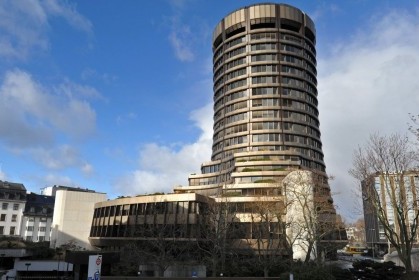 Courtesy: Quartz
Courtesy: Quartz
Regulations are the new focus of economic statecraft. Their increasing importance is reflected in the negotiations on global financial standards, plurilateral trading rules, and regional economic unions.
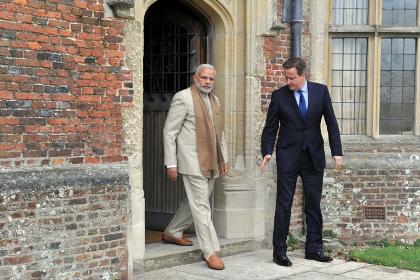 Courtesy: MEA / Flickr
Courtesy: MEA / Flickr
The result of the Brexit referendum is nothing less than a body blow to Bretton Woods organisations, International Monetary Fund-North Atlantic Treaty Organisation (NATO)-World Bank, that originated at the end of the Second World War. The possibility of an Asian century becomes more feasible, if India can be nimble enough to make the most of the opportunity which has presented itself in Europe.
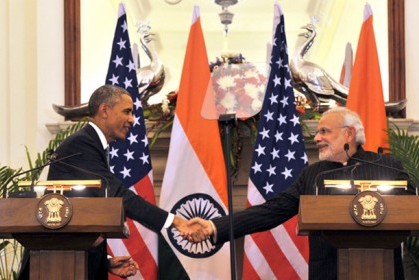 Courtesy: Wikipedia
Courtesy: Wikipedia
Modi’s second visit to the U.S. in September indicates a growing partnership in such areas as business, technology, and climate change. Though gaps too remain—for example, India is not part of the TPP and its bid for a UNSC seat is on hold—for now, it is time to consolidate bilateral meeting points, and India can start by simplifying its trade policy and tariff structure
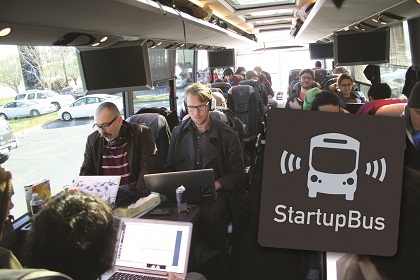 Courtesy: John Fischer/Flickr
Courtesy: John Fischer/Flickr
Prime Minister Narendra Modi's outreach to the influential Indian diaspora in Silicon Valley in September should be centered on creating an Indian ecosystem for tech start-ups
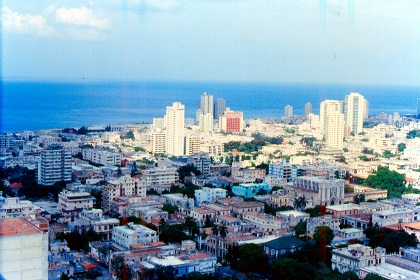 Courtesy: Madaki/Wikimedia Commons
Courtesy: Madaki/Wikimedia Commons
After respite from the U.S. government, Cuba now faces the daunting task of reviving its economy without having to give up on its political ideology. The Singaporean model of limited democracy is something Cuba could emulate.
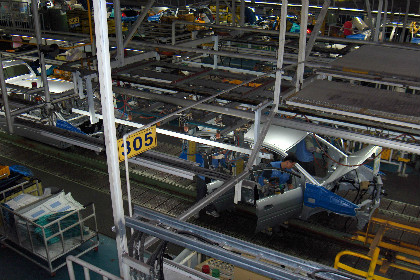 Courtesy: Taneli Rajala
Courtesy: Taneli Rajala
The 'Make In India' campaign could learn from the manufacturing success story of Mexico which has come to be called as a 'rising global star in manufacturing’ and 'the China of the Americas'. Prime Minister Modi can seek inspiration from President Enrique Peña Nieto who has brought about a dozen major reforms by forging a historic consensus with the opposition parties through the Pact for Mexico.
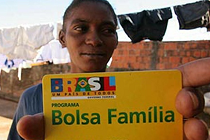 Courtesy: globalsherpa.org
Courtesy: globalsherpa.org
The Indian government has undertaken a massive financial inclusion scheme to bring bank accounts to the poor. But poverty alleviation needs to be addressed at multiple levels for which the Latin American example of using targeted and customised conditional cash transfer programmes can help India
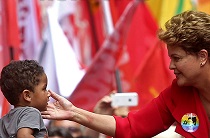 Courtesy: Newscom.com
Courtesy: Newscom.com
The reelection of President Dilma Rousseff means continuation of the slow growth of the Brazilian economy and a lower likelihood of much-needed, major political and economic reforms. India should lower its expectations on a global partnership with Brazil
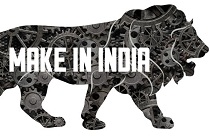 Courtesy: wikimediacommons
Courtesy: wikimediacommons
India faces heightened geoeconomic risks as the U.S. exits its unconventional monetary policy and the value of the dollar appreciates against major currencies. We can mitigate the risks with a multilateral safety net to provide liquidity, and by attracting FDI through the ‘Make in India’ programme
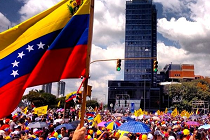 Courtesy: durdaneta/Wikimedia
Courtesy: durdaneta/Wikimedia
Latin America’s economic growth has slowed down in 2014. But the region’s fundamentals are relatively strong, and have the resilience to absorb external shocks and increase growth in the coming years. However, Argentina and Venezuela face continuing uncertainty and deterioration.